When we read "free range farming eggs" on the packaging, our instinct is to imagine free-range chickens in the fields, scratching around in the sun, in harmony with nature. But what does free range farming eggs really mean? It is a regulated definition, but it deserves to be fully understood in order to make informed choices.
Free-range farming eggs: what the law says
According to European legislation, “free-range” eggs are those produced by hens that have free access to outdoor spaces during the day. This type of farming is identified by the number 1 printed on the eggshell. Hens must be able to go out freely in a natural outdoor area, where they find vegetation, natural light and soil to scratch around on.
This is undoubtedly a more respectful way of animal welfare than intensive farming. However, the code on the egg does not always tell the whole story. In fact, there are situations, like that of Nu'ovo, where the hens actually scratch outside for a good part of the day, but the eggs still bear the code 2.
Why Nu'ovo has code 2 despite scratching around outside
How is this possible? The answer is in the article egg code: for safety and welfare reasons, hens are brought back to covered spaces at night and in bad weather. This precaution protects the animals from predators, temperature changes and other risks. But at a regulatory level, if access to the outside is not continuous 24 hours a day, the egg is classified as "free range".
We are therefore faced with a discrepancy between the reality of animal welfare and the regulatory classification. Happy hens, with large open spaces in the Sibari plain, who live according to the most authentic agricultural tradition, produce eggs classified with the number 2. But it is only a number: what counts is the context, the respect for the animal and the quality of the supply chain.
This leads us to reflect on how important it is to look beyond the label. Knowing how to read the code is useful, but not enough. You need to know who produces the egg, how the animal lives and what philosophy guides the breeding. This is why transparency and traceability become fundamental in the choice.
And if you are wondering what the real benefits of eggs obtained from quality farms are, the answer is clear: more antioxidants, greater freshness and greater biological value. Especially if you choose a product like Nu'ovo, where the quality of the food – based on Goji berries and Moringa Oleifera – really makes the difference.
To delve deeper into the aspects related to the number 2 and the meaning of free-range farming, we recommend that you also read the next article: free range farming eggs. You will discover that, in some cases, a much more virtuous reality than you might think can be hidden behind a code.
Finally, if you want a complete picture of how to choose the best eggs, stay up to date with our guide on which eggs to buy, to orient yourself with awareness in the world of eggs, between marketing, regulations and true well-being.

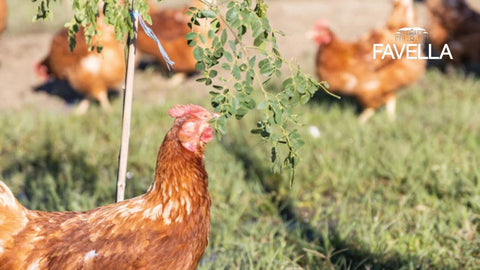
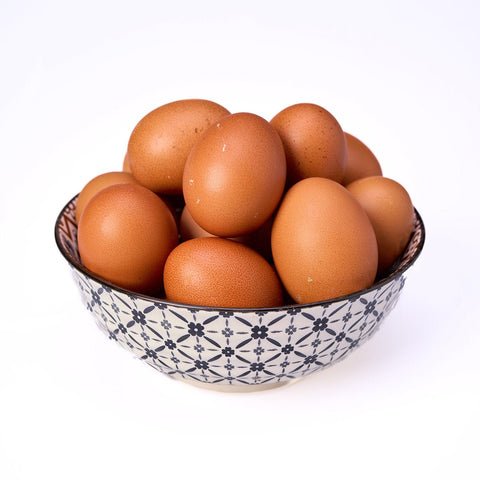
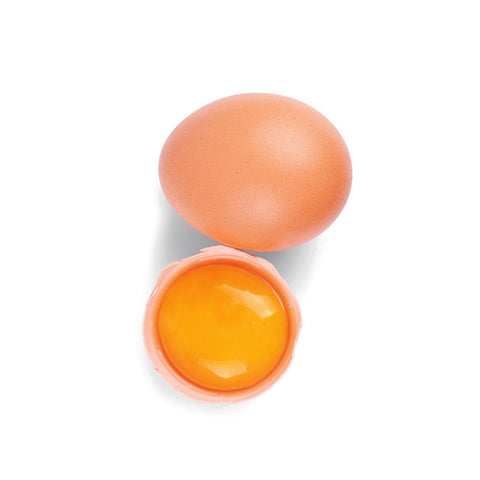
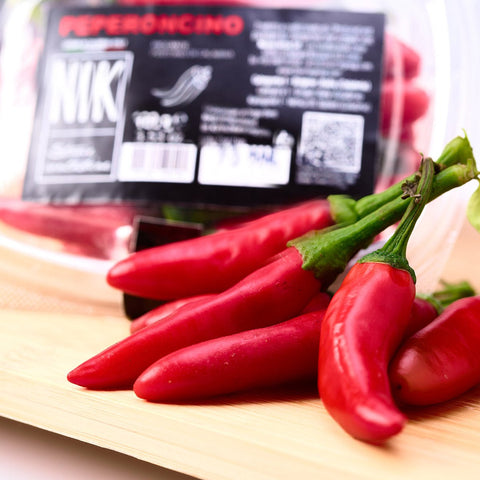
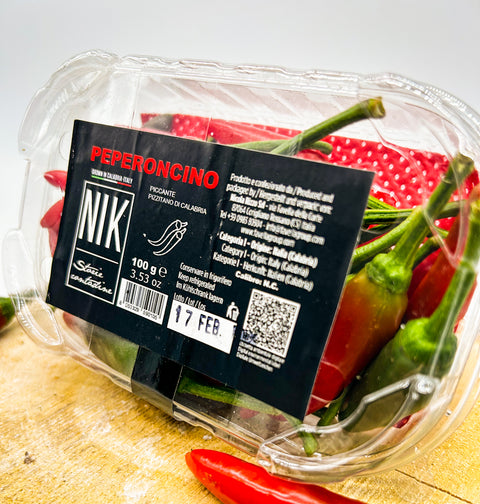
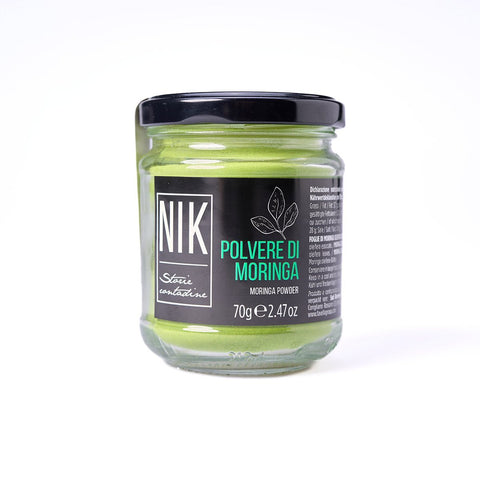
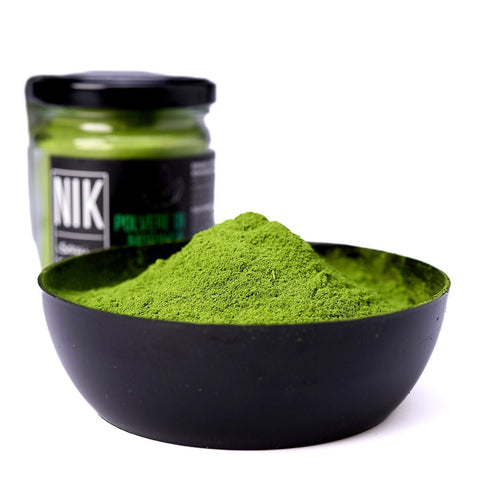
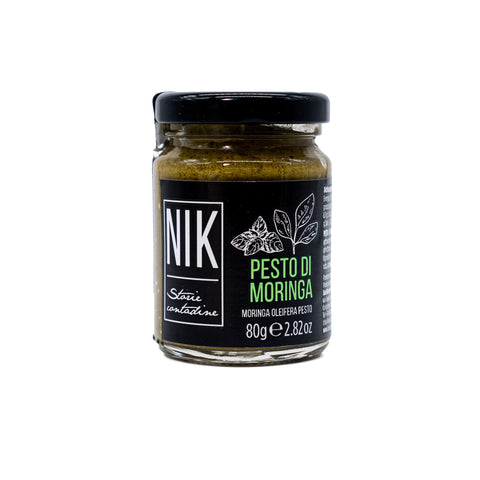
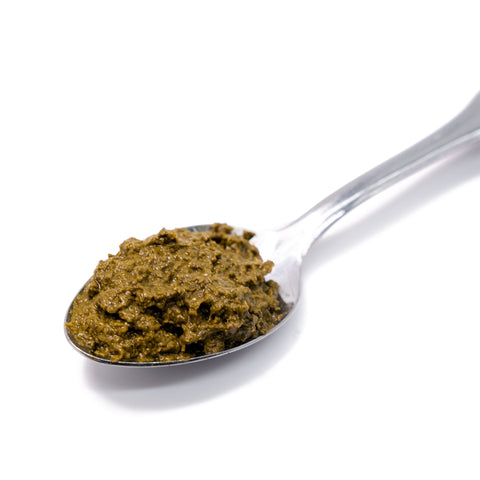
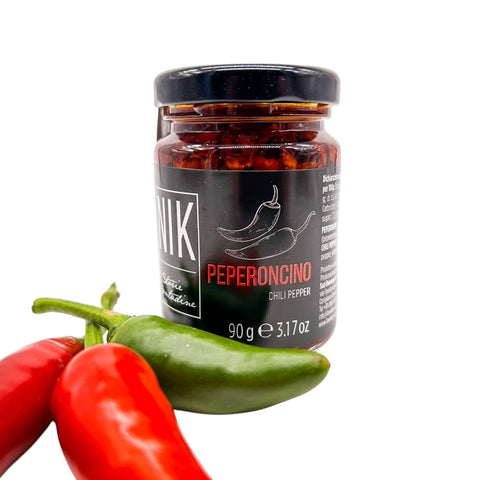
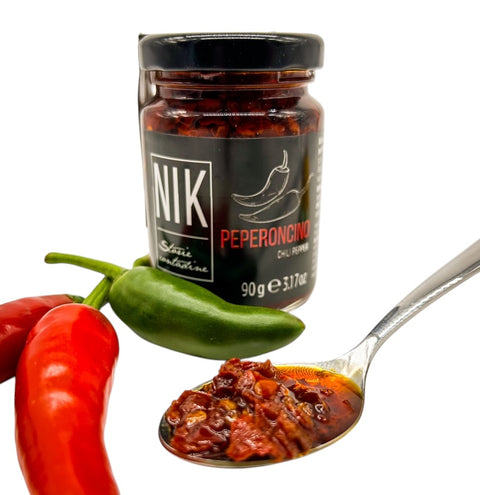
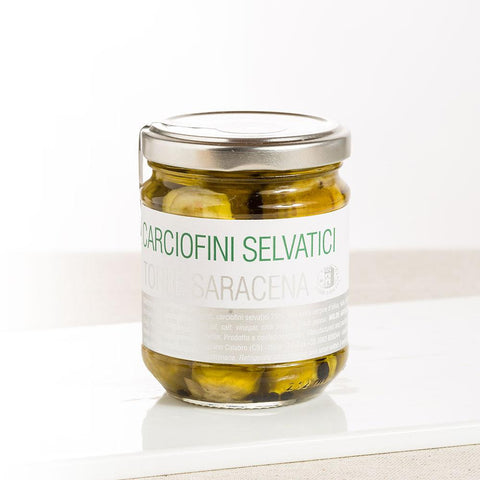
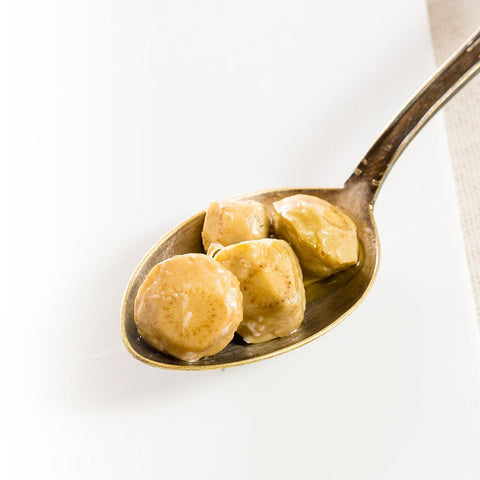
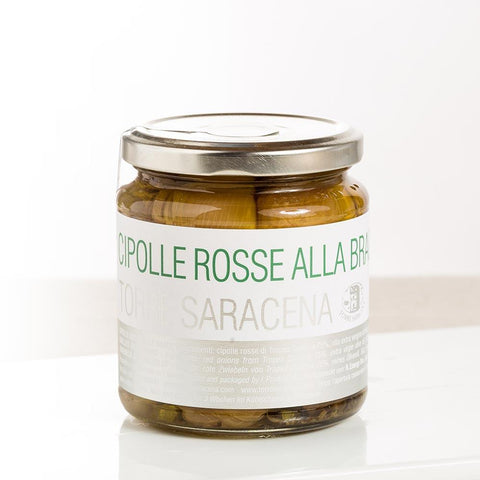

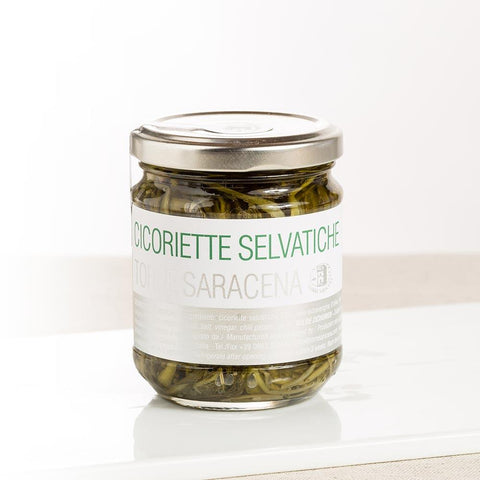
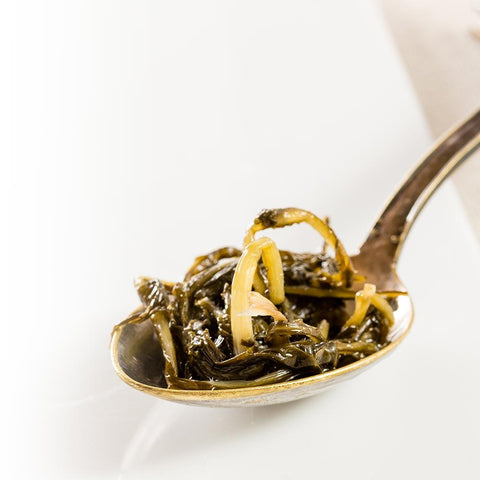
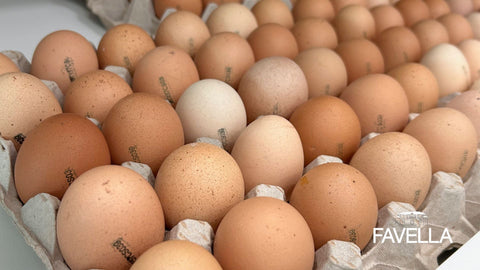
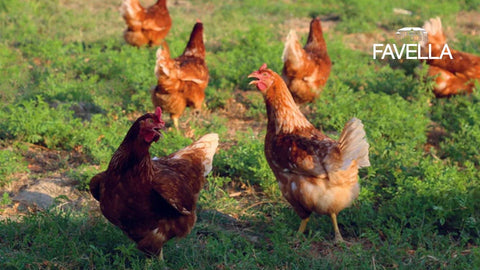
Comments (0)
There are no comments for this article. Be the first one to leave a message!